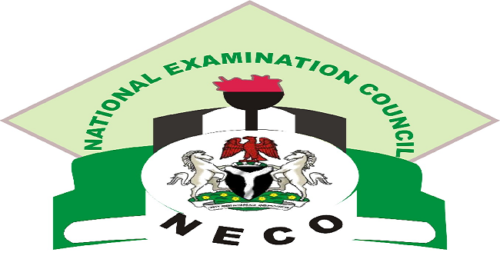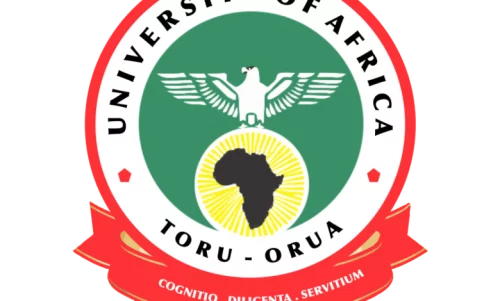Government Keypoints: Nigeria’s Foreign Policy; This study material is suitable for students sitting for the following exams: JAMB, WAEC, NECO, GCE, IJMB, and JUPEB.
Study more government keypoints here
Introduction:
Nigeria’s foreign policy is a critical aspect of its governance, reflecting its strategies and engagements with other nations and international organizations. Since gaining independence in 1960, Nigeria has shaped its foreign policy to protect its national interests, promote regional stability, and contribute to global peace. Let’s explore the key components and principles that define Nigeria’s approach to international relations.
Relations with Major Powers: Nigeria maintains multifaceted relations with major powers such as the United States, China, Russia, the United Kingdom, and others. These relationships play a pivotal role in shaping Nigeria’s foreign policy dynamics.
Examples:
- United States: Nigeria and the U.S. share diplomatic ties, cooperating on various fronts including security, trade, and education. The U.S. is a significant source of foreign direct investment (FDI) in Nigeria, and both countries collaborate on security issues, particularly counterterrorism efforts.
- China: Nigeria enjoys a growing economic relationship with China, primarily focusing on infrastructure development, trade, and investment. Chinese companies are involved in several Nigerian projects, particularly in construction and telecommunications.
Relations with Developing Countries: Nigeria’s foreign policy also involves fostering ties with developing nations, characterized by initiatives like the Technical Aid Corps (TAC). The TAC is a program where Nigerian professionals and experts provide technical assistance to other African and developing countries in various sectors.
Example: Through the TAC, Nigeria has sent professionals like doctors, engineers, educators, and agricultural experts to countries across Africa, providing vital skills and knowledge transfer to help in capacity building and development.
Nigeria’s Non-Alignment Policy: Nigeria has historically pursued a non-alignment policy, aiming to maintain independence, neutrality, and non-involvement in power blocs or alliances. The non-alignment stance emphasizes flexibility in foreign relations, allowing Nigeria to engage with diverse nations without affiliating with any particular group.
Examples:
- During the Cold War era, Nigeria avoided taking sides between the Western bloc led by the United States and the Eastern bloc led by the Soviet Union. Instead, Nigeria focused on its internal development and pursued friendly relations with both blocs.
- Nigeria actively participated in the Non-Aligned Movement (NAM), advocating for global peace, independence, and sovereignty among developing nations.
Objectives of Nigeria’s Foreign Policy:
- Economic Development: Promoting economic growth through trade, investment, and international partnerships.
- Regional Stability: Contributing to peace and security in Africa, particularly in conflict resolution and peacekeeping.
- Global Influence: Advocating for Africa’s interests and asserting Nigeria’s leadership role in international affairs.
- Diplomatic Relations: Strengthening diplomatic ties with a diverse range of nations to pursue mutually beneficial cooperation.
- National Security: Safeguarding Nigeria’s sovereignty and territorial integrity through international collaborations.
Nigeria’s non-aligned posture emphasizes its commitment to sovereignty, independence, and cooperation with various nations while steering clear of alignment with power blocs. This approach has allowed Nigeria to play a significant role in global affairs, contributing to peacekeeping efforts, regional stability, and economic development across Africa.












